




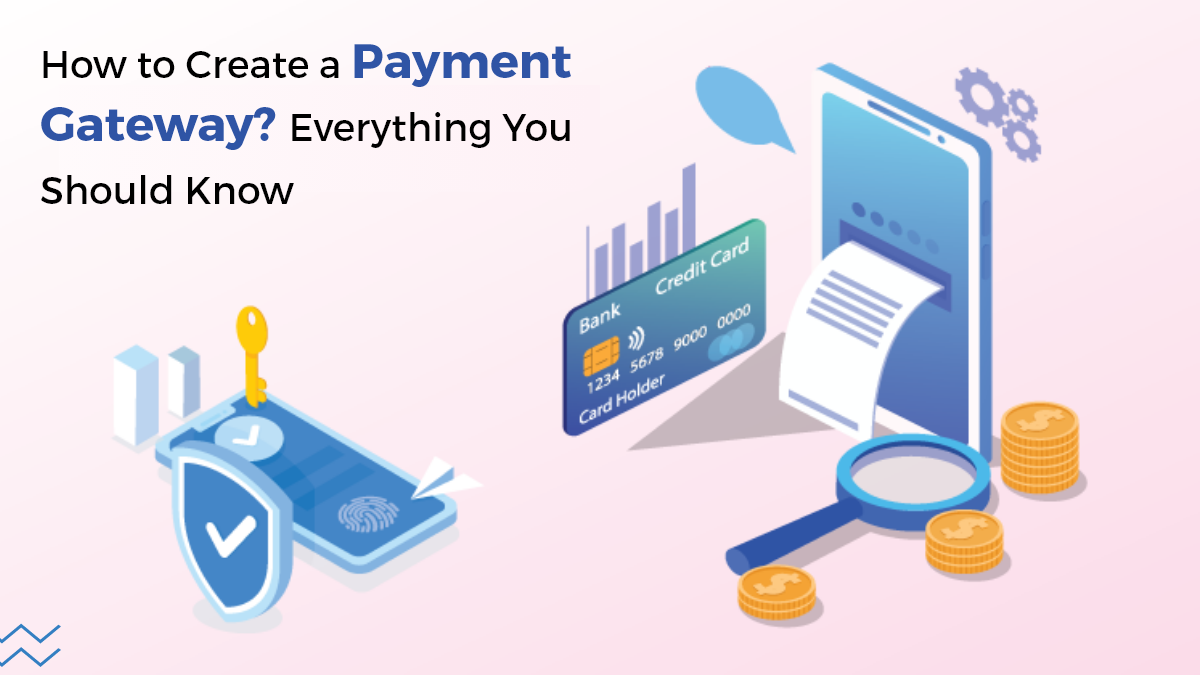
- April 14, 2023
- 35 Views
Are you aware that the world is going through a significant shift in the way we make payments? According to a recent report by Deloitte, the total value of digital payments worldwide is estimated to reach $11.3 trillion by 2026, growing at a CAGR of 13%. This represents a huge opportunity for entrepreneurs who want to be part of this digital payment revolution by creating their payment gateway.
The online payment system has become the backbone of our globalized world, connecting key stakeholders such as merchants and consumers. Startups and enterprises can tap into this increasing digitization of payments by becoming part of the online payment ecosystem. Payment gateways, in particular, are a crucial component of this ecosystem, serving as digital point-of-sale (POS) terminals that facilitate various functions.
To fully leverage this opportunity, it's important to have a solid understanding of how payment gateways work. These gateways perform a variety of functions, including facilitating transactions, ensuring security, and handling data. By building a payment gateway, you can become a vital cog in this near-flawless digital payment system.
-
Table of Contents
-
- 1. What is a Payment Gateway and How Does it Work?
- 2. Which Businesses Can Benefit from Using a Payment Gateway?
- 3. Advantages of Creating a Personalized Gateway for Your Business
- 4. Essential Components of Payment Gateways
- 5. Factors to Consider While Developing a Payment Gateway
- 6. What are the Steps to Build a Payment Gateway?
- 7. How Much Does it Cost to Build a Payment Gateway?
- 8. How CodeAegis can Help You Build a Payment Gateway?
- 9. FAQs
-
What is a Payment Gateway and How Does it Work?
A payment gateway is a technology that facilitates online transactions by processing the payment information between a buyer and a seller. It acts as a mediator between the two parties, ensuring secure and reliable payment processing.
The payment gateway plays a crucial role in online transactions, ensuring that sensitive payment information is kept secure throughout the process. Payment gateway providers charge a fee for their services, a fixed percentage of the transaction amount, or a flat fee per transaction.
Here are some key functions of a payment gateway:
- Encryption: The payment gateway encrypts the customer's information to ensure unauthorized parties cannot intercept it.
- Verification: The payment gateway verifies the customer's details and checks for available funds to ensure the transaction is valid.
- Fraud Detection: Payment gateways use fraud detection and risk management protocols to detect and prevent fraudulent transactions.
- Approval or Decline: Based on the results of the verification and fraud detection processes, the payment gateway approves or declines the transaction.
- Funds Transfer: If the payment is approved, the payment gateway initiates the transfer of funds from the customer's account to the merchant's account.
Which Businesses Can Benefit from Using a Payment Gateway?
Any business that accepts payments online can benefit from using a payment gateway. This includes e-commerce stores, subscription-based businesses, online marketplaces, and more. Payment gateways provide businesses a secure and reliable way to accept payments from customers worldwide. By using a payment gateway, businesses can:
- Increase Sales: Businesses can increase sales and improve customer satisfaction by offering various payment options and a seamless checkout process.
- Reduce Fraud: Payment gateways use advanced fraud detection and prevention tools to help businesses reduce the risk of fraudulent transactions.
- Simplify Payment Processing: Payment gateways streamline the payment process by handling all the technical aspects of payment processing, allowing businesses to focus on running their business.
- Expand Globally: Payment gateways allow businesses to accept payments from customers in different countries and currencies, making expanding their reach and growing their business easier.
Advantages of Creating a Personalized Gateway for Your Business
If you're looking to create a personalized gateway for your business, partnering with a payment gateway development services company or mobile application development company can be a wise choice. Here are some of the benefits of building a custom gateway for your business:
- Enhanced functionality and performance tailored to your business needs.
- Integration of critical features and functionalities for your specific requirements.
- Streamlined operations and cost reduction by integrating multiple payment systems and real-time reporting.
- Improved security with advanced authentication and encryption features. Increased brand image and reputation through a personalized, seamless user experience that matches your brand's aesthetics.
- Greater control over your system with customizable features and functionalities that can be updated as needed.
- A competitive edge by staying up-to-date with the latest technologies and trends in payment gateway and mobile application development.
Essential Components of Payment Gateways
Here are some of the vital components of payment gateways:
- Fraud Protection Systems: Payment gateways employ advanced fraud detection and prevention mechanisms to minimize the risk of fraudulent transactions, including address verification, 3D Secure, and CVV verification.
- Tokenization: Tokenization replaces sensitive payment information with unique tokens to ensure secure and PCI-compliant transactions. Tokens cannot be used to purchase on their own, reducing the risk of fraud.
- Recurring Payments: Payment gateways enable merchants to accept recurring payments from customers regularly, such as subscriptions or membership fees. This helps to simplify billing and increase customer retention.
- Seamless Payment Gateway Integration: A payment gateway should integrate seamlessly with a merchant's website or mobile app to provide a smooth checkout experience for customers. The integration should also be easy to implement and customize.
- Scalability: Payment gateways should be able to handle high volumes of transactions and scale with a merchant's business growth. This ensures the gateway can keep up with the increasing demand and processing requirements.
- Disputes and Arbitration: Payment gateways offer dispute resolution and arbitration services in case of chargebacks or payment disputes between customers and merchants. This helps to resolve issues quickly and fairly.
- Hosted Payment Gateways: Hosted payment gateways redirect customers to a separate payment page hosted by the gateway provider. This reduces the merchant's PCI compliance burden and enhances security.
- Virtual Terminal: A virtual terminal allows merchants to accept payments over the phone or via email by manually entering a customer's payment information into the gateway. This expands the range of payment options available to customers.
- Working Hours (24/7): Payment gateways should be available to process transactions 24/7 to ensure customers can make purchases at any time, regardless of time zone differences or business hours.
Factors to Consider While Developing a Payment Gateway
Payment gateway development is a complex process that requires careful consideration of various factors. Several critical factors must be considered to ensure a successful payment gateway development project, from integration and scalability to deployment and safety. Here are some of the critical factors to remember in payment gateway development:
- Interaction Between Merchants, Buyers, and Marketplace Operators: The payment gateway should provide a seamless interaction between merchants, buyers, and marketplace operators to ensure a smooth transaction process.
- Integration: The payment gateway should be easy to integrate with other systems, such as merchant websites, point-of-sale systems, and mobile apps.
- Scalability: The payment gateway should be designed to handle high volumes of transactions and scale with the growth of the business.
- Time to Market: The payment gateway should be developed and deployed quickly to meet market demands and stay ahead of the competition.
- System Architecture: The payment gateway should have a robust and flexible system architecture to support multiple payment methods, currencies, and languages.
- Deployment: The payment gateway should be deployed securely and integrated with other systems without disrupting existing operations.
- Monitoring: The payment gateway should be monitored regularly to ensure optimal performance and promptly detect and resolve any issues.
- Safety: The payment gateway should have advanced security features like encryption and tokenization to protect sensitive information and prevent fraud.
- A Dispute Resolution Interface: The payment gateway should have a dispute resolution interface to help merchants and customers resolve payment disputes quickly and fairly.
- Branching Out API Design: The payment gateway should have well-designed APIs that enable third-party developers to integrate with the gateway easily, opening up new opportunities for growth and innovation.
What are the Steps to Build a Payment Gateway?
Creating a payment gateway requires significant technical expertise and resources. Here are the key steps involved in building a payment gateway:
- Define the Requirements: The first step is to define the requirements for the payment gateway, including the supported payment methods, security measures, user interface, and other features.
- Develop the Backend Infrastructure: The backend infrastructure of the payment gateway includes server-side scripting, database management, and APIs. This is the most critical component of the payment gateway and needs to be scalable and secure.
- Integrate Payment Methods: The next step is integrating various payment methods, such as credit/debit cards, digital wallets, and bank transfers, into the payment gateway.
- Implement Security Measures: Payment gateway security is crucial to protect customers' sensitive payment information from theft, fraud, or misuse. This includes SSL certificates, encryption, and PCI DSS compliance.
- Develop the User Interface: The user interface of the payment gateway should be intuitive, user-friendly, and responsive. It should provide a seamless checkout experience for customers.
- Testing and Quality Assurance: The payment gateway should be thoroughly tested for functionality, security, and user experience. This includes unit testing, integration testing, and acceptance testing.
- Maintenance and Support: Ongoing maintenance and support are essential to keep the payment gateway up-to-date, secure, and running smoothly.
How Much Does it Cost to Build a Payment Gateway?
Building a payment gateway can be a complex and expensive process. The cost depends on several factors, such as the complexity of the gateway, the type of payment methods supported, the level of security required, and the development team's experience and location. Here's a table to explain the cost factors and cost in detail:
Based on these cost factors, the total cost of building a payment gateway can range from $50,000 to $300,000 or more, depending on the complexity and requirements. It's essential to carefully evaluate the cost and benefits of building a payment gateway before making a final decision, as it may be more cost-effective to use an existing payment gateway or a third-party payment processor.
How CodeAegis can Help You Build a Payment Gateway?
CodeAegis, a fintech development company, can help you build a blockchain payment gateway. Our team of experienced developers can provide end-to-end development services, from defining the requirements to developing the backend infrastructure, integrating payment methods, implementing security measures, and developing the user interface.
We can also offer ongoing maintenance and support to ensure the payment gateway is up-to-date and secure. You can hire developers from CodeAegis to build a customized payment gateway that meets your unique requirements and specifications.
FAQs
How do payment gateways ensure the security of transactions?
Payment gateways use advanced encryption and tokenization techniques to ensure the security of transactions. They also comply with industry-standard security protocols such as PCI DSS.
How long does it take to set up a payment gateway?
The time required to set up a payment gateway depends on various factors, such as:
- The provider
- The integration's complexity,
- And the required documentation's availability.
Typically, setting up a payment gateway can take anywhere from a few days to a few weeks.
Can a payment gateway be customized to meet specific business requirements?
Yes, payment gateways can be customized to meet specific business requirements. Payment gateway providers offer various customization options, such as integration with existing systems, customization of payment pages, and integration with different payment methods.
About Author
You May Also Like
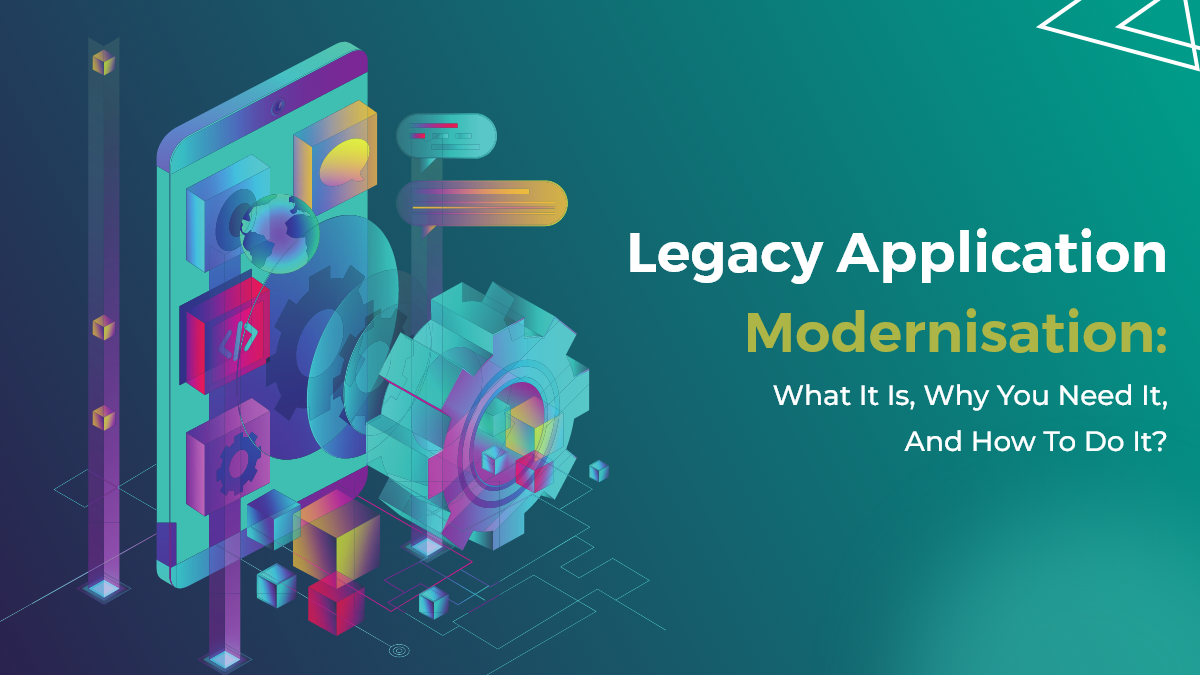
Mobile app development is quickly becoming a necessity for businesses. As the world becomes increasingly digital, companies of all sizes rely on mobile apps to reach customers and increase customer en

If you’re planning to enter the fast-growing fantasy sports market, one of the most critical aspects considered is “What will it cost to build a fantasy sport that stands out and drives t

As blockchain technology continues to evolve, so too does the landscape of projects built on its foundation. The worldwide Blockchain market is predicted to expand at a CAGR of 42.8% (2018-2023), dire

Social media apps are all the rage these days. People use them to connect with friends and family, to learn about new products and services, and to stay up-to-date on the latest news. But as popular a
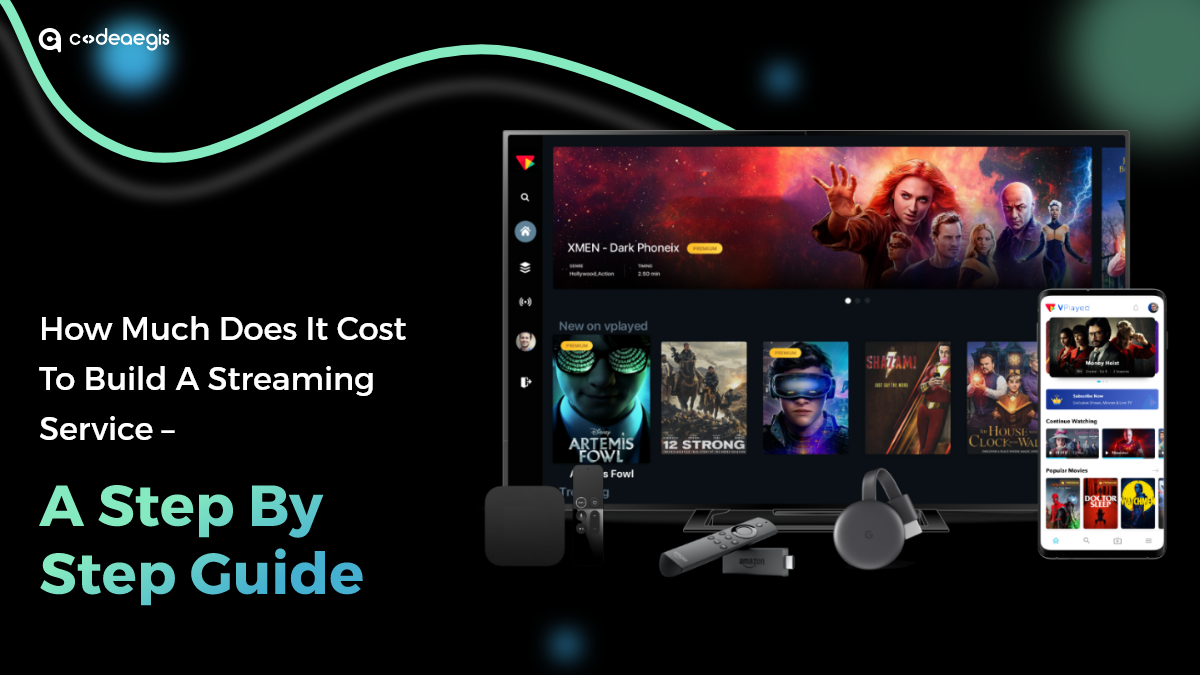
The rise of online video streaming services has revolutionized the entertainment industry, prompting businesses worldwide to explore the possibility of launching their own platforms. With giants like

Have you ever found yourself in a situation where you desperately needed a product or service but didn't have the time or energy to go out and get it? Well, fear no more because on-demand delivery app
_replaceDesigningreplaceforoice-EnabledreplaceWebreplaceExperiences.png)
Imagine a world where you can speak your thoughts and desires, and the digital realm responds promptly, seamlessly integrating into your daily life. Whether you want to search for information, contro

When it comes to mobile app development, one of the most important things you need to consider is the prototyping process. This will allow you to create a working model of your app so that you can tes

Is your business still relying on off-the-shelf software solutions that don’t efficiently meet your unique business requirements? If your mind instantly says yes, then let’s explore why in

Blockchain iѕ a technology that enables thе creation оf digital property with a secure record оf ownership. It’ѕ the backbone of Bitcoin, thе firѕt аnd most well-known cryptocurrency. B

Prime Minister Narendra Modi eventually launched 5G in India at the 6th edition of the IMC (India Mobile Congress). Reliance Jio and other telecom organizations documented the various use cases of 5G
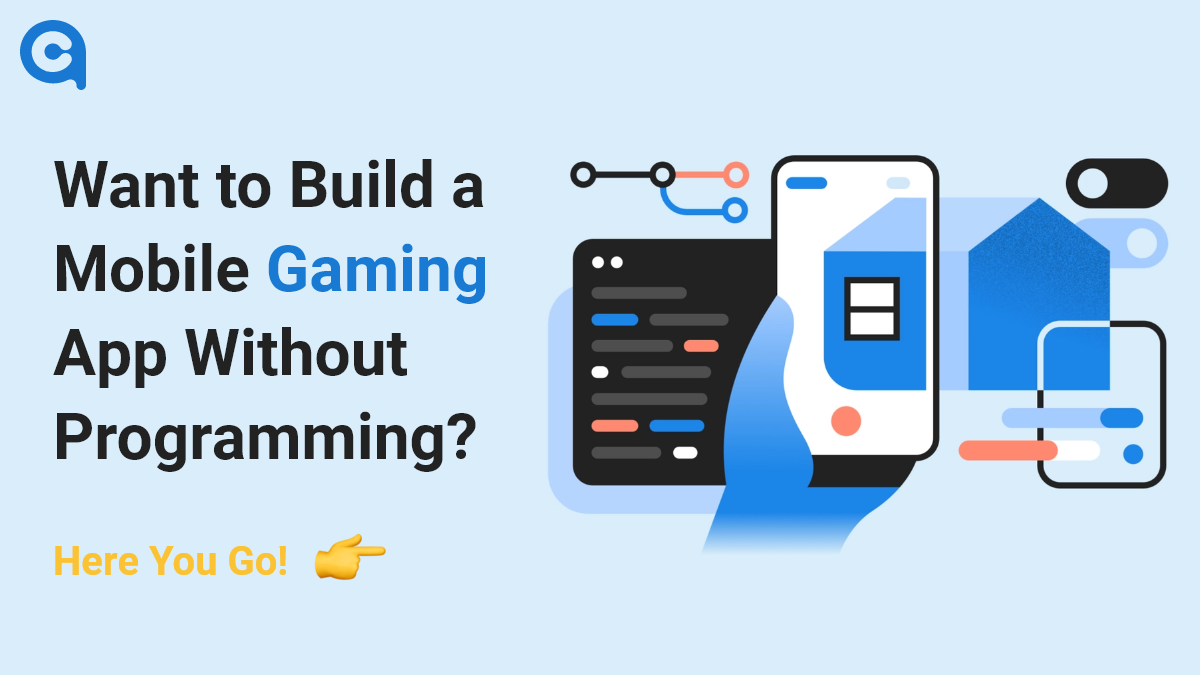
Do you want to build a simple app for your business? Do you want to create an app that enhances the experience of users who play games on their smartphones? Whatever your reason, I have created this g

Depending on what niche you’re in, video chat apps are becoming increasingly common in the world of business and technology. Whether it’s a small startup company or a multinational corpora

Want to establish a new business or improve an existing one? You should consider using blockchain technology Being a distributed database, Blockchain allows for secure online transactions. This techn

As the world of startups becomes increasingly competitive, building an MVP is crucial for entrepreneurs looking to test their ideas and launch successful businesses. By creating a minimum viable prod

It's no secret that the digital world has transformed many aspects of our lives, and it is only going to continue changing in ways we can't even imagine yet. To help businesses keep up with this rapid

The world is digitizing at a very rapid pace, and in such a scenario, real estate businesses must also go digital to stay ahead of the competition. One of the best ways to digitize your business is de

Imagine a classroom where history comes alive in the 3D model of historical events. Biology students can explore the unique complexities of a cell as they have practiced it with real-world examples, a

Decentralized Finance (DeFi) is a modern and evolving region of finance that is less centralized and more open to innovation and collaboration. DeFi enthusiasts laud its prospect of disrupting convent
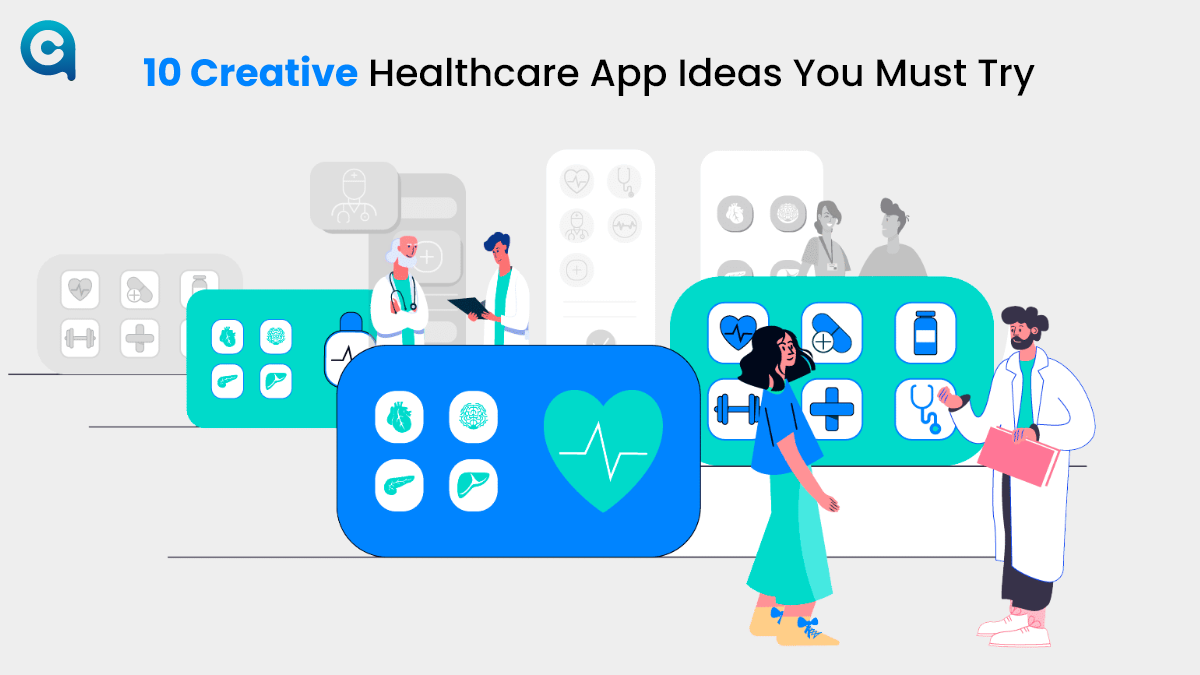
As we head into the future, more and more people are looking to find ways to improve their healthcare. And with good reason - healthcare can be expensive, and it can be difficult to get the right care

The two hottest frameworks in the mobile app development world are Flutter and React Native. They’re both cross-platform solutions that allow you to write code once and deploy it to Android and
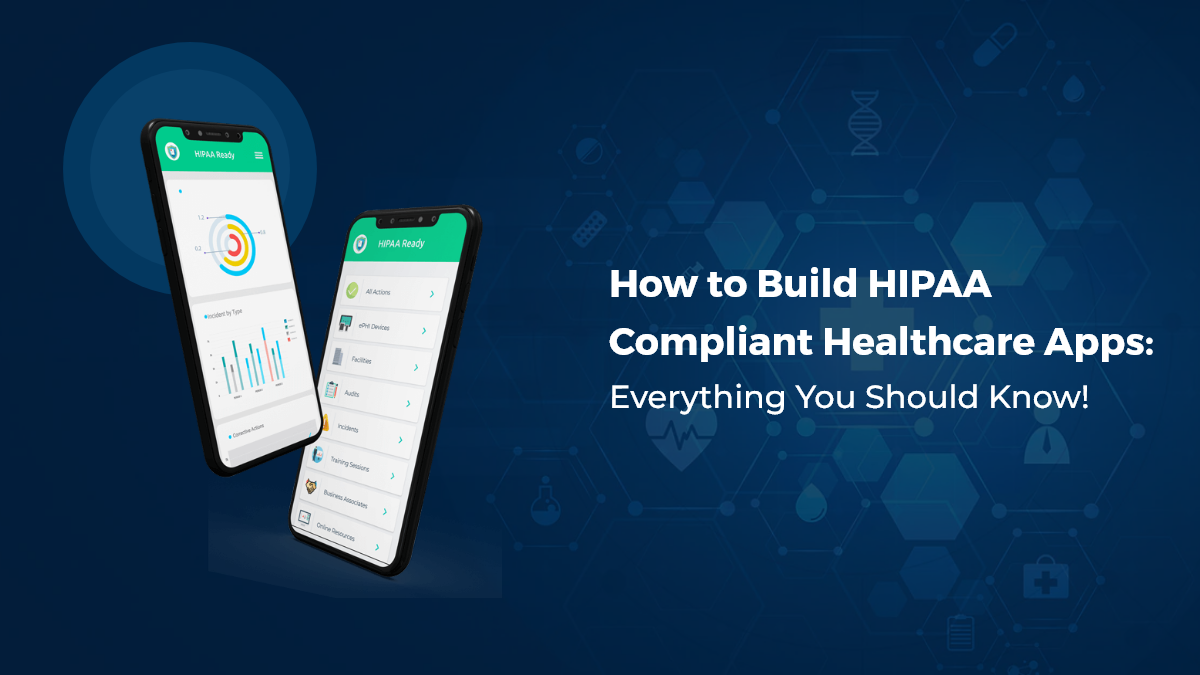
If you’re in the healthcare industry, then you know that data privacy and security are of utmost importance. In order to protect patients’ information, the Health Insurance Portability and
The beacon technology market was valued at 519.6 million U.S. dollars in 2016, and it was estimated to increase at a CAGR of 59.8% to reach about 56.6 billion U.S. dollars in size in 2026. Throughout

The world of gaming is rapidly evolving, and the latest buzzword is "metaverse." The term refers to a virtual world where users can interact with each other and digital objects in real time, using imm

In the last few years, wearables have become increasingly popular. Fitness trackers, smartwatches, and even smart glasses are becoming more and more commonplace. And as the technology improves and bec
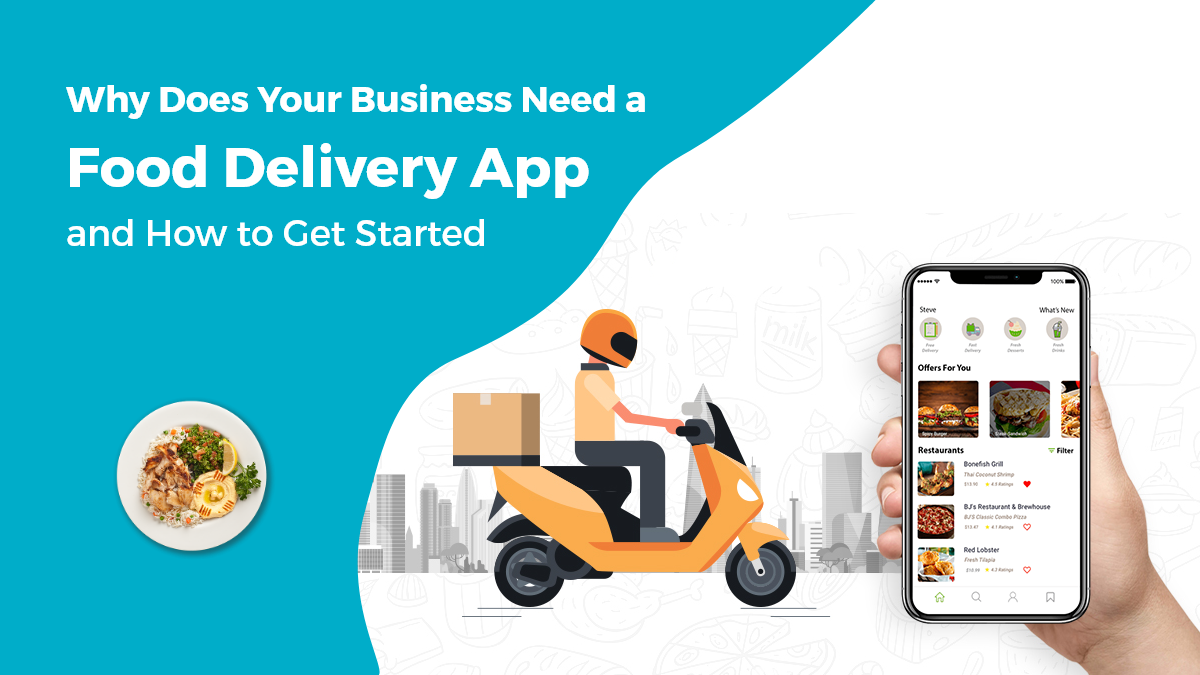
Businesses after COVID are going through several changes, and the food industry is no different. Restaurants that have been doing dine-in are now struggling to keep up with the demand for delivery and

Do you know what digital transformation with AI is and how it can impact your business? Organizations today are under pressure to digitally transform to stay competitive. This digital transformation

Businesses these days are looking to have an edge over their competition by having a strong online presence. A website is not enough anymore, and many companies are turning to mobile apps as a way to
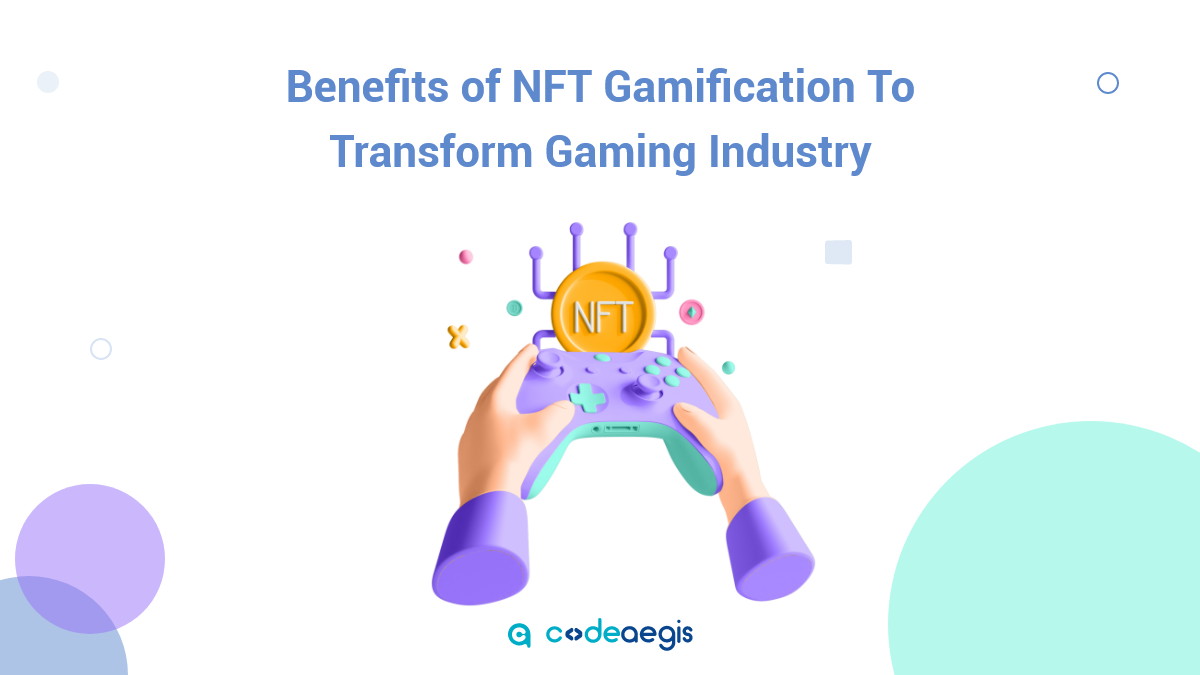
In recent years, the gaming industry has seen a surge in popularity, with many gamers turning to online gaming platforms and console games in order to escape reality. With so many people playing video

Do you run your own business and want to build an Android app? If yes, you must know about the latest technology trends playing a significant role in the android app development process. Technology i

Picture this: a world where traditional banking transforms into a cutting-edge, efficient, and transparent system that leaves everyone in awe. Blockchain, often met with skepticism and uncertainty, is
Have you ever felt like you’ve attracted 30% more consumers to your shopping sales by using a technical hack to revive your shops? It would work like a person was crossing through next to your

Application development is essential to fostering business efficiency while accepting new changes. Depending on the specific requirements, 85% of businesses rely on software development solutions to s

DeFi is a new kind of investment that’s taking the world by storm. So what is it? Essentially, DeFi is a digital asset class that allows you to invest in cryptocurrencies and other digital asset

IPTV has established itself as a prominent technology that is gaining traction with its comprehensive platform applications. Unlike traditional methods like satellite, cable, or TV, IPTV has accelera

Lately, the tech world has been abuzz with talk of the Metaverse, a groundbreaking concept that promises a shared virtual space where people can interact and engage with one another. This futuristic i

The mobile app market has grown to a staggering size, with over 1.8 million apps available in the Google Play Store and Apple App Store combined. Mobile apps have become a necessity for people worldwi
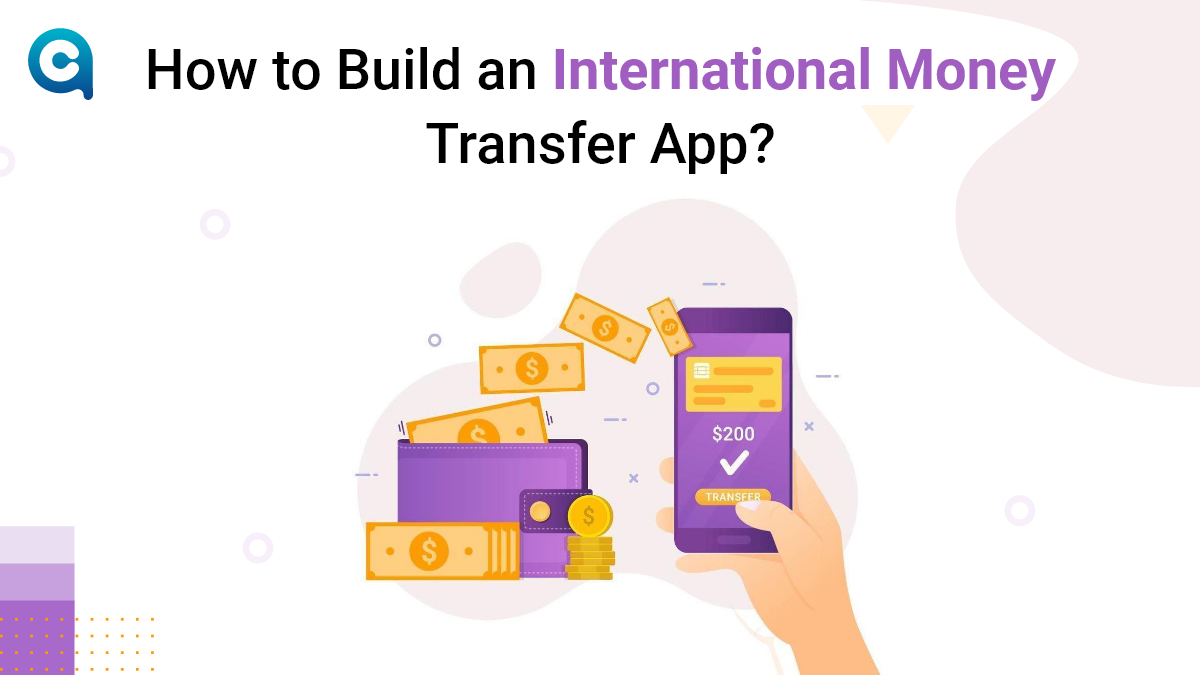
The introduction of online payment applications has changed how people perform financial transactions. A mobile phone with a banking app lets you quickly resolve various financial matters.

Are you looking to design a mobile app in 2025? Mobile application development is an ever-changing field, and it can be hard to keep up with the latest trends and best practices. But with this guide,

Are you aware that the world is going through a significant shift in the way we make payments? According to a recent report by Deloitte, the total value of digital payments worldwide is estimated to r

Technology has come a long way in the past decade, and augmented reality (AR) is one of the most exciting development fields. AR technology superimposes digital content into the real world, creating a

When it comes to developing an app, there's a lot to consider. Not only do you need to create a user-friendly interface and design, but you also need to make sure your app is able to meet the demands

Did you know that Dubai's prime residential market is projected to experience the world's strongest growth in 2025? The Middle East is buzzing with opportunities, especially in the realm of mobile app
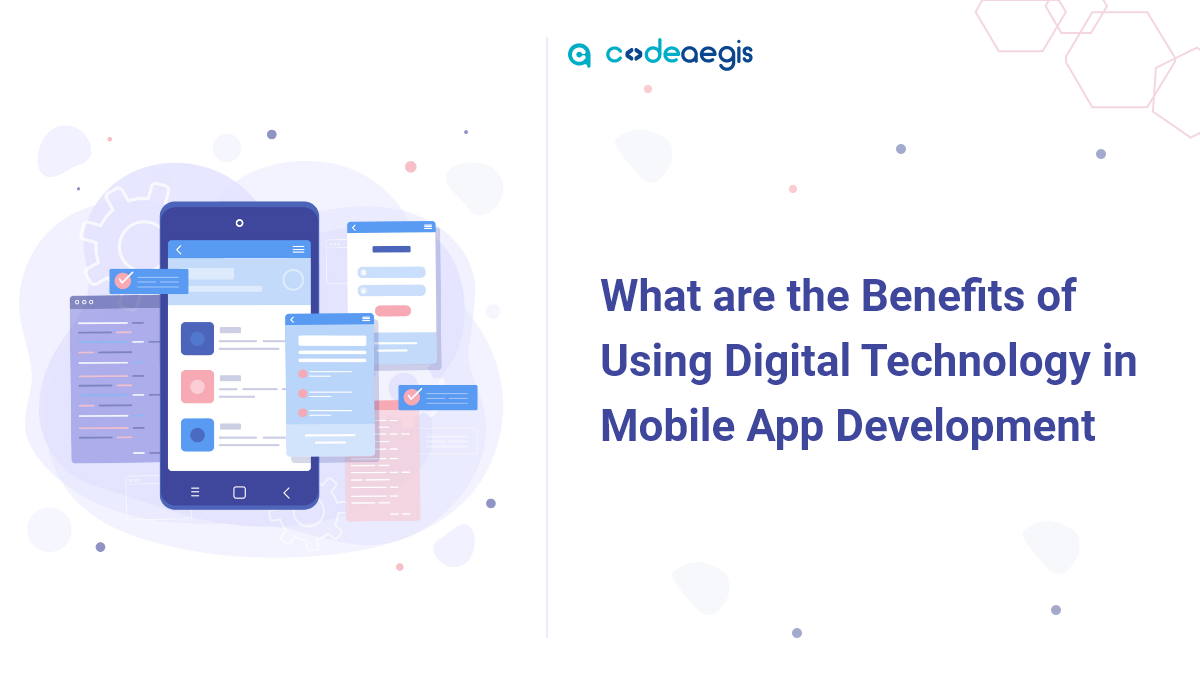
With the ubiquity of smartphones and tablets, it only makes sense that mobile app development - which is the process of creating applications for smartphones and tablet devices - is becoming more popu

Blockchain technology is becoming the heart of multiple industries. It is robustly securing businesses through its core value, making it the first pick-up in the generative AIs. The blockchain is the

Things have changed dramatically over the years with new opportunities, techniques, and future advancements. Real estate is the best industry to invest in, though the procedure sometimes irritates. Me

An extensive background working in Tech, Travel, and Education Industries. Currently involved in entire business operations process: Benefits strategy and implementation, systems integration, Human Re

The United Arab Emirates (UAE) is flourishing as the hub for blockchain technologies, transforming the digital ecosystem and having a forward-thinking government to maintain its competitive edge. Gove

In today's digital world, businesses must keep up with ever-increasing consumer expectations and find new ways to engage their audience. That's where Progressive Web Apps (PWAs) come in. PWAs are a r
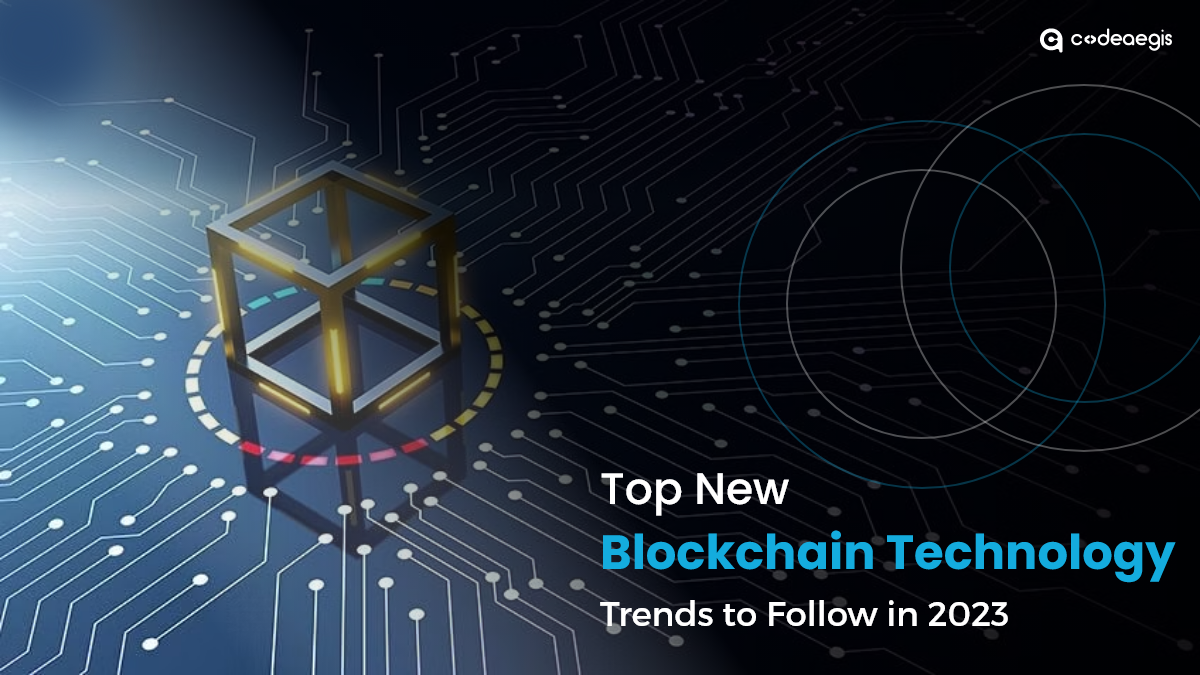
Picture this - a world where business transactions are seamless, secure, and transparent. This might have seemed like a distant dream before the advent of cryptocurrencies and blockchain technology, b

Building an App that promotes businesses and acts as a right hand has a separate fanbase! Creating an app for the business plays a fundamental role in elevating business operations, making seamless c

Will DeepSeek and ChatGPT collide in the race for AI Supremacy? DeepSeek and ChatGPT are at the center of a heated debate that tends to shape the future of AI. The real-world implications and effecti

Table of Contents 1. What is ChatGPT? 2. What Are the Top Benefits of ChatGPT? 3. How Does ChatGPT Work? 4. Challenges With ChatGPT 5. ChatGPT and the Future of AI 6. Final Thoug
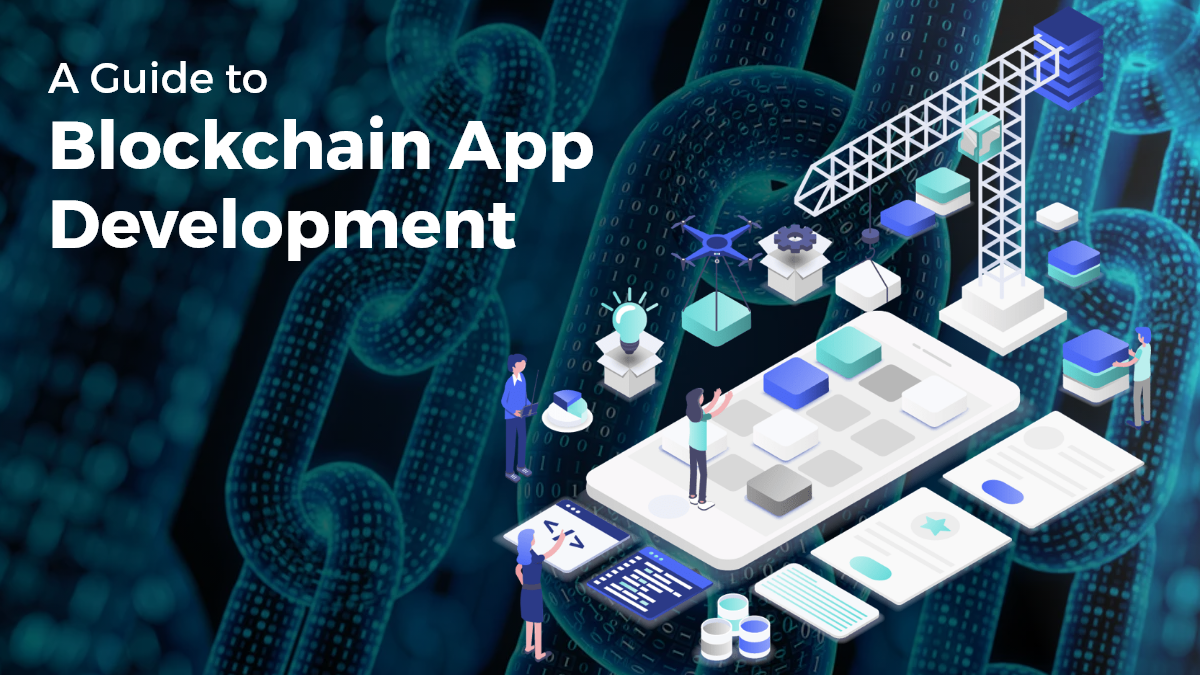
Blockchain technology has been a hot topic recently due to its potential to revolutionize various industries. Blockchain is a distributed ledger technology that ensures transparency, security, and dec

The food delivery application has innovative, game-changing features that will transform the industry from the bottom to the top. According to Statista, the online food delivery market in the UAE has

You’ve likely heard the term “Artificial Intelligence” or AI until now—It’s 2025. But have you ever paused to consider how deeply AI has woven itself into the web of our

By 2024, we all know that technology will be the future. What excites me the most is that technology has covered all the dimensions of businesses, enabling them to attain their potential and efficienc

With the advent of technology, the financial industry has experienced a massive transformation in the past few years. Fintech applications have revolutionized the way we manage and invest our money.

Over the past decades, the healthcare sector has continuously expanded its wings, moving from traditional to advanced technological processes. This evolution is driven by the sector's unwavering commi

Hiring a team of remote developers can be a daunting task, but it doesn't have to be. With a little bit of planning and the right approach, you can find the perfect candidates to build your dream prod

The launch of Node.js 19 is now available! It substitutes Node.js 18 as the current launch line, with Node.js 18 being encouraged to long-term support (LTS) next week. What do these two launches mean

The gaming industry is proliferating with the advent of smartphones and PCs. Every age group, from children to adults, is well-engaged and fond of online gaming. The rapid evolution of mobile gaming a

Over-the-top (OTT) platforms like Disney Plus, Netflix, and Prime Video have gradually captured attention as traditional TV-watching methods have faded. Throughout the year, OTT platforms have created

Augmented Reality and Virtual Reality are the two leading buzzwords in the technology era. What began as a completely new, significantly different technology has rapidly revolutionized into something

Nowadays, the digital presence has revolutionized business dynamics. App development is not just evolving but breaking traditional barriers and emerging as strong and progressive solutions. With robus

Rental businesses are gaining market share by offering essential services that help other businesses minimize downtime and maximize profitability. This growth trend is particularly strong in the servi
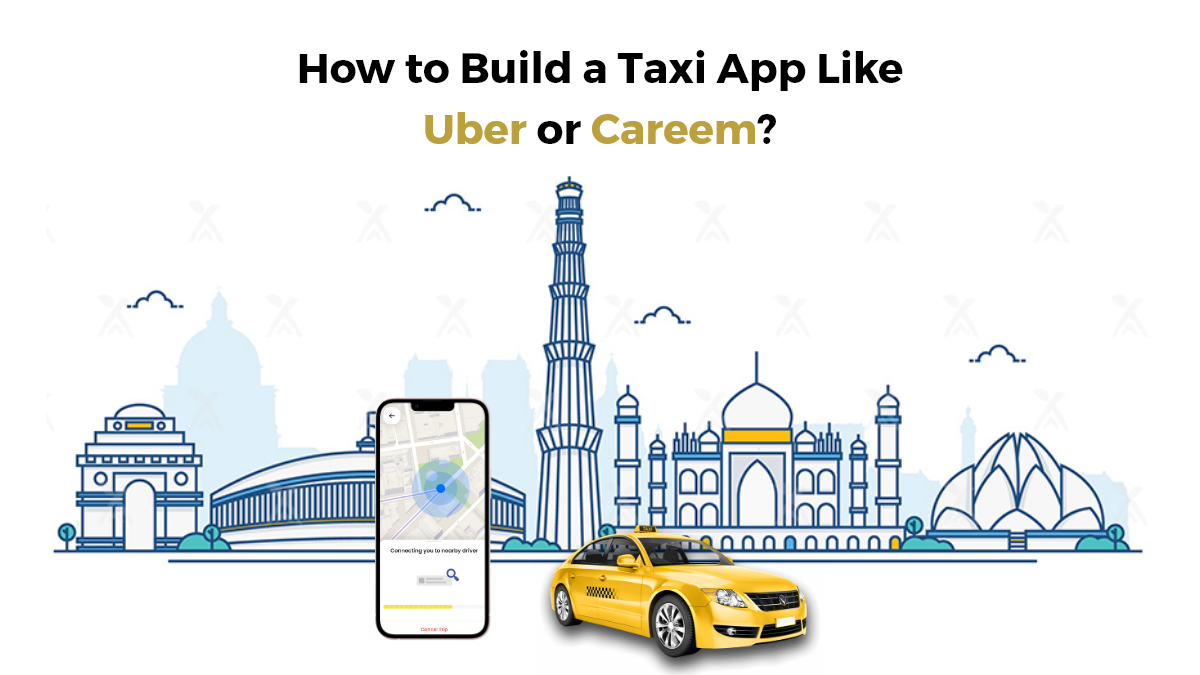
Gone are the days when people used to wave down a taxi on the street or wait for one at the airport. With the advent of technology, people can now book a taxi with just a few taps on their smartphones

Generative AI? Is this still a question mark to you? If you don’t know what generative AI does, that would be a fair question, but it was not if you said that you haven’t interacted with
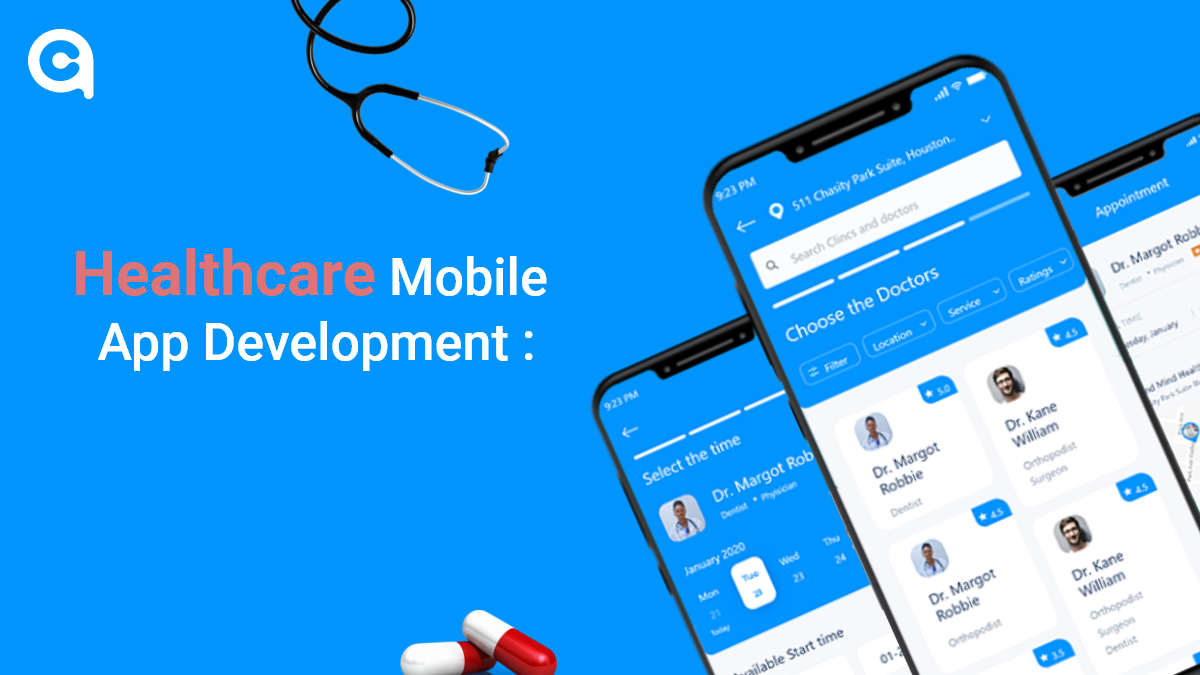
The healthcare industry is one of the most rapidly changing and growing industries worldwide. Mobile devices and apps have drastically changed how providers and patients interact and communicate.So, i

Having a mobile application is no longer a luxury—it's an essential tool for instantly capturing the market! To stand out in the rental businesses, a company must adopt tech-driven preferences

Google released Android 13 beta 4 to the public, and with it comes a slew of new features and updates. In this article, we'll walk you through everything you need to know about the latest version of A

Mobile applications have dominated the market, helping businesses to reinforce their full potential. Not only for the rental business, but mobile apps play a critical role in establishing a solid foun

Nowadays, the financial industry has encountered massive digitization, and mobile apps play a significant role in it. There are a wide variety of money transfer apps available, catering to the needs a

Table of Contents 1. What is Flutter? 2. Why Choose Cross-Platform Development? 3. Why is Flutter the Best Platform to Make Cross-platform Applications? 4. How Much Does it Cost to

Can you give thought to a week without coffee breaks at cafes? It might not be possible, but earlier, having coffee outside the house was never a thing. So how the tables have changed the corners?

Mobile applications play a vital role in the development of multiple businesses in this digital world. Most companies are investing in iOS app development to strengthen their market appearance and dra

Blockchain technology and web development are two powerful innovations that have the potential to transform our world. While they may appear distinct, they share similarities and can work together to
Leave a Reply
Your email address will not be publishedDO YOU HAVE ANY PROJECT
Let's Talk About Business Solutions With Us
India Address
57A, 4th Floor, E Block, Sector 63, Noida, Uttar Pradesh 201301
Call Us
+91 853 500 8008
Email ID
[email protected]











